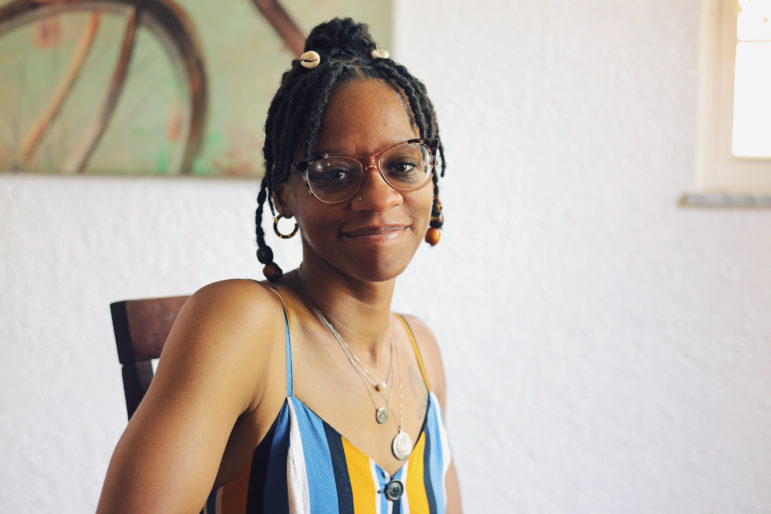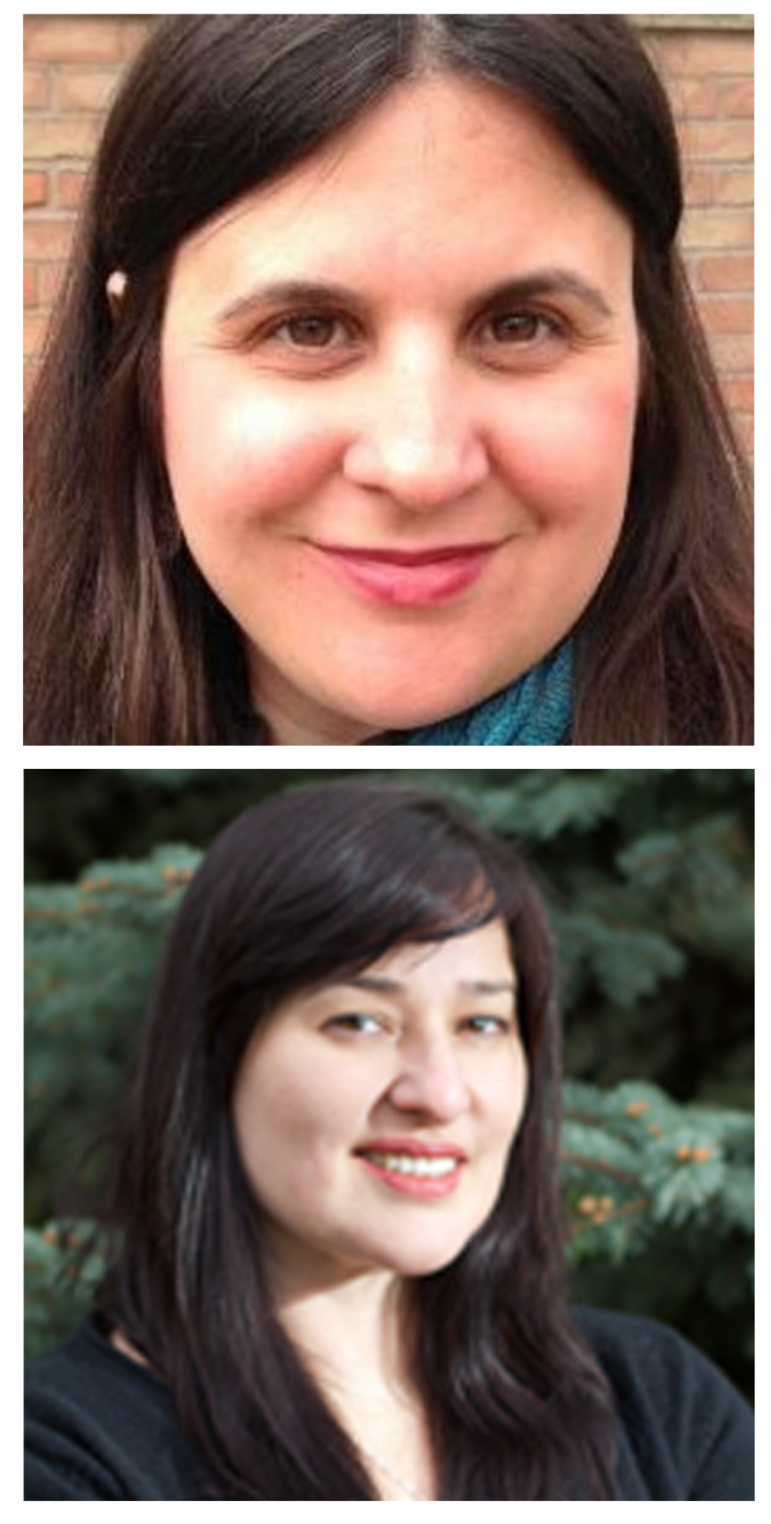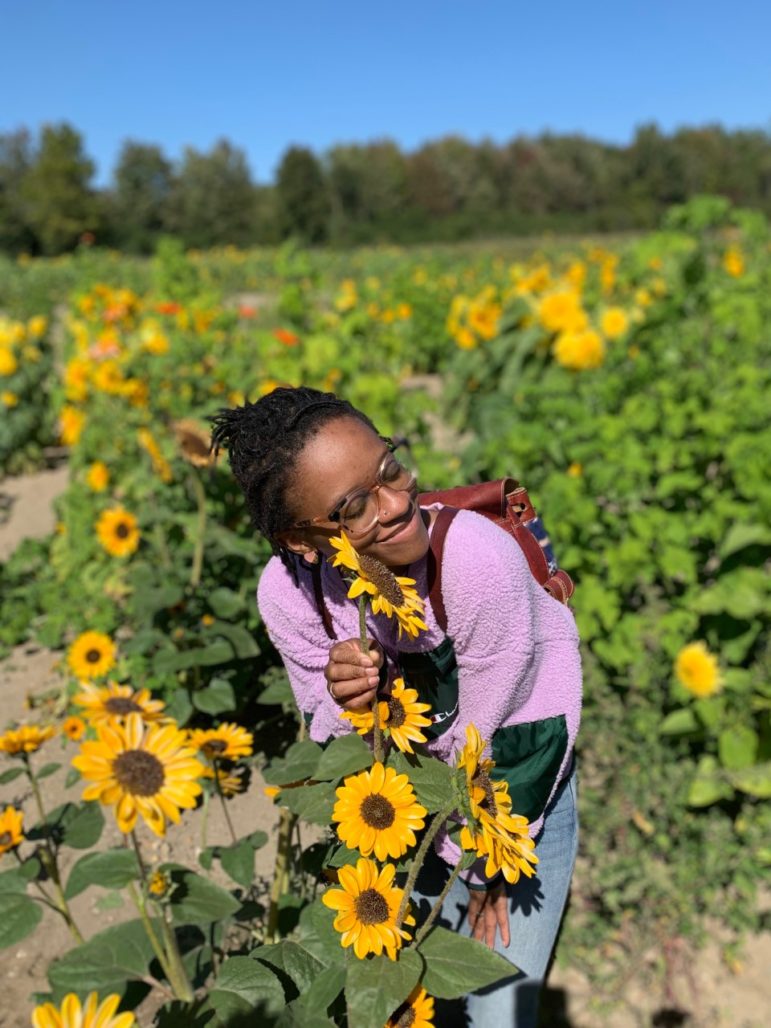
As an independent energy policy nonprofit that is speeding Minnesota’s transition to a clean energy economy, Fresh Energy recognizes that the clean energy transition must be equitable and just—and that means any work in pursuit of climate justice must be centered around racial justice as well. One of Fresh Energy’s priorities is to provide top-quality, independent reporting on the transition to clean energy in states across the country. Though editorially independent, the Energy News Network (ENN), a news and information service published by Fresh Energy, is working hard to elevate a fact-based conversation about energy. That requires nuanced storytelling that brings light to the issues that matter most to everyone impacted by the clean energy transition, especially disenfranchised communities of color.
ENN is partnering with Planet Detroit and the Detroit Equity Action Lab in a joint imperative to recruit, uplift, and mentor Black, Indigenous, and other journalists of color through the Detroit Energy and Environment Reporting Fellowship program. Ken Paulman, senior director of ENN, says, “This is an opportunity to diversify the voices in our coverage and to guide us to what is important to these communities, instead of news organizations trying to determine that for them.” This year’s selected Energy and Environment Reporting Fellow is Rukiya Colvin, a lifelong resident of east Detroit.
Beginning with Rukiya, the Detroit Energy and Environment Reporting Fellowship intends to help aspiring journalists of color gain a career pathway as well as provide critical perspective and help build bridges within the broader climate and clean energy movements. Selected journalists will co-publish stories in Planet Detroit, the Energy News Network, and other partners focused on energy and environment issues—with a lens specifically trained on the city of Detroit, as well as greater Michigan.
Three organizations, one goal
This isn’t the first time the three organizations have collaborated. But the fellowship program is an opportunity to provide a more robust and streamlined path toward overcoming the decades of entrenched segregation and white-dominated narratives in both the news business and the climate and environmental movements. Thanks to generous support for the program from the Community Foundation for Southeast Michigan and a commitment from the Porter Family Foundation to match future funding, Detroit Equity Action Lab will act as a trusted connection and mentor for journalists of color to enter the program, Planet Detroit will provide local-level editing support and distribution, and ENN will contribute topical expertise, distribution to an energy-focused audience, and impact measurement.

Launched by Nina Misuraca Ignaczak, Planet Detroit is a nonprofit news service covering the environment in Detroit and greater Michigan with a focus on explanatory, solutions-based, and investigative reporting. As the founder, publisher, and executive editor of Planet Detroit, Nina is thrilled by the opportunities that the Energy and Environment Reporting Fellowship provides for all involved. “I am excited about getting to work with Rukiya,” she says. “Her talent, ambition, and excitement to learn about journalism, combined with her groundedness in the community, make her the perfect candidate for this fellowship.”
Detroit Equity Action Lab, an initiative of the Damon J. Keith Center for Civil Rights at Wayne State University Law School, is an innovative hub for community-driven research, programing, and media working to dismantle structural racism in Detroit. Martina Guzmán, currently the Race and Justice Journalism Fellow at the Damon J. Keith Center, believes the Energy and Environment Reporting Fellowship program is vital to both the news and environment and energy spaces. “The idea of supporting and mentoring and working with a journalist of color to tell stories about the environment—it’s something that is so desperately needed in the world of journalism,” Martina says. “To have someone like Rukiya Colvin, a Black woman, out in the communities of Detroit looking for these stories and telling them with nuance is really exciting. It’s the heart of what all three of our organizations do.”
“It’s legacy work”
With an undergraduate degree in finance and a work background that ranges from the mortgage industry to driving for Lyft, Rukiya is thoroughly embedded in the communities of Detroit. A lifelong east side resident and mom to a toddler, Rukiya has a deep-rooted passion for creating equity in her community. That passion began with her previous work in the finance industry: “I was working downtown at a time when that area of Detroit underwent massive development efforts. I saw gentrification happening right before my eyes, and it made me angry.”

That emotion turned out to be a driving force in Rukiya’s pursuit of a master’s degree from Wayne State University in urban planning, with a concentration on housing and community development. She’s also a founder of the East Side Solutionaries Collective, a safe space where community-led solutions to realize equitable and conscious communities are birthed from the people of the east side of Detroit themselves—a place that has taught her the most about the issues affecting neighborhoods in Detroit on a deeper, grassroots level.
Over the past few years, Rukiya has developed a great joy and love for writing, and she’s ready to pair that with her dedication to community development. “There should be more Black journalists in all news spaces, but especially in the climate and environmental spaces.” In her eyes, this is an opportunity to jump into the world of journalism and blend her resourcefulness and creativity with her vision to tell authentic and dignified stories.
“I want to become a useful resource for the community, and I want to create more opportunity,” she says. “A lot of the time, stories about our communities are seen in a negative light, with an air of helplessness or hopelessness. Seeing stories told by people of color about our communities can introduce a more creative, solutions-oriented way of thinking about the issues facing Detroit residents that will inspire people to be more confident in pursuing that work themselves.”
Ken is confident that this fellowship and Rukiya’s contributions will open doors and provide critical insight: “This fellowship allows us to see where people in Detroit and southeastern Michigan are really engaging in climate and energy issues.”
The three partners want Rukiya to be just the first of many fellows. “We are actively fundraising to both continue and expand this fellowship,” says Nina, who hopes that the fellowship will grow into a full-time reporting position focused on environmental justice. Martina adds, “I hope that we can create an entire community of BIPOC journalists reporting on what is the defining issue of the 21st century. Everywhere we turn, the environment is there, and we must address it head-on. Having someone like Rukiya dedicated to telling these stories and having the ability to host more fellows like her in the future—it’s legacy work.”
ENN is working to expand the fellowship program, and you can be a part of it! Click here to support ENN’s work.
